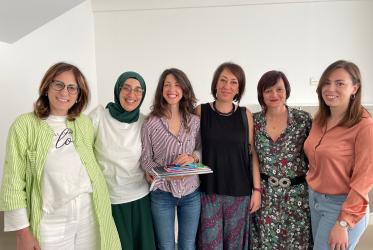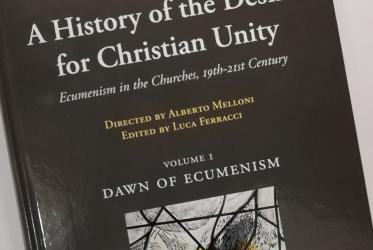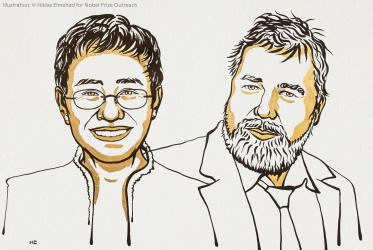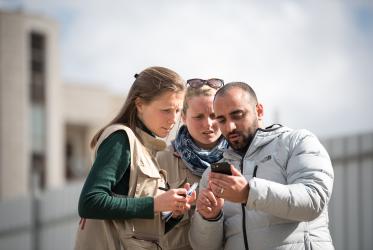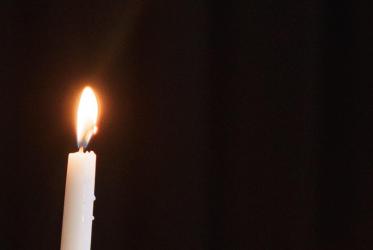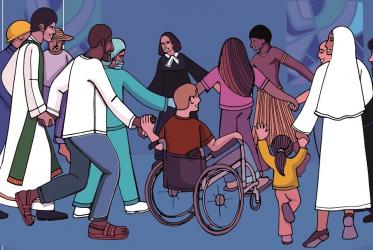Displaying 1 - 20 of 262
WCC leaders recall life-changing experiences from early days
10 February 2022
WCC congratulates 2021 Nobel Peace Prize laureates
14 October 2021
Brazilian churches call for transformative racial justice
23 November 2020






